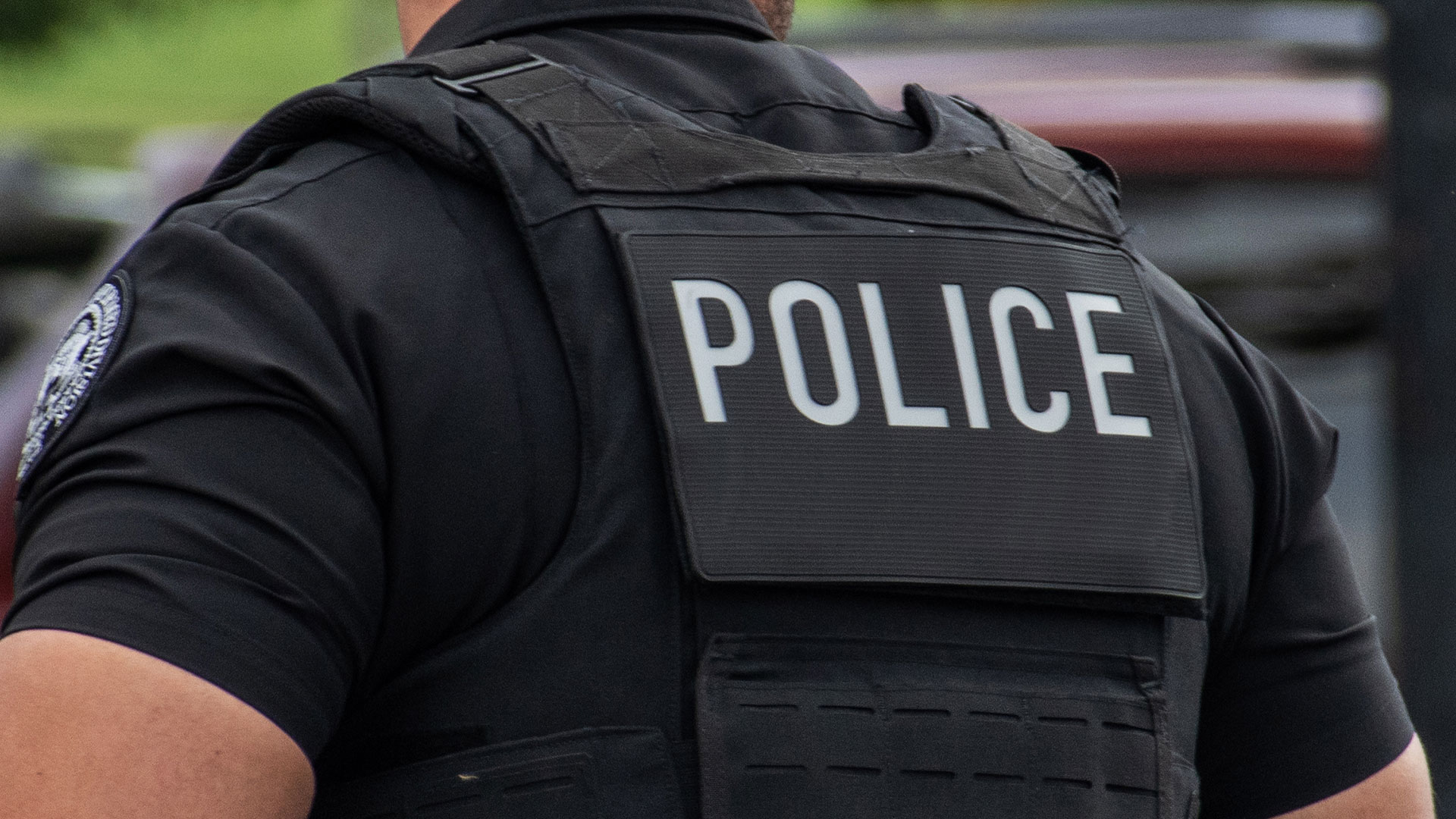
A recently published criminology study has revealed that police departments nationwide are still shrinking, despite the failed attempt to defund traditional police in major cities following the George Floyd protests.
The study, which examined 14 large police departments, found that most have experienced an “excess” loss of sworn, full-time officers since 2020. The trend has been observed in large metro agencies like the New Orleans Police Department (NOPD).
In the last decade, NOPD has seen a significant reduction in its officer count, from 1,500 in 2010 to 944 in 2023, which is a decline of 20% since 2020 alone. Despite the department’s doubled recruitment efforts, its staffing levels continue to decline.
The shortage of police officers has had a significant impact on response times and crime levels, according to public safety consultant Jeff Asher.
“You’re seeing response times that have gone from an average of about 50 minutes for any type of call in 2019 to over two and a half hours last year,” Asher said. “And, so far, a little bit worse this year.”
This delay in response times is a matter of concern for the citizens of New Orleans, who have experienced an uptick in crime.
“Criminals know there’s not enough officers on the street! They know this!” Delores Montgomery, a ride-share driver, told NPR.
NOPD Captain Mike Glasser, president of the Police Association of New Orleans (PANO), attributes the dwindling staff to officer mistrust of leadership, financial incentives that have caused officers to retire early and intense pressure from other departments that have recruited NOPD officers to quieter jobs in the suburbs.
“We really have never retooled the department,” Glasser said. “There are some things that we should probably abbreviate — or eliminate, temporarily — in order to basically triage the crime problem.”
In order to meet the needs of the community, the department is outsourcing some of its jobs — such as responding to noninjury car accidents — to private contractors.
Ethan Cheramie, founder of a company called On Scene Services (OSS), said they employ unarmed, former police officers who go to the scenes of wrecks to take information and provide reports.
“Citizens still call 9-1-1, their call is still dispatched. However, it is dispatched to our agents. Our agents respond in a timely, efficient manner, to let everybody get on with their day,” Cheramie explained.
Cheramie said that due to the officer shortage, the city recently expanded the contract with OSS to employ a total of seven cars responding to accidents, which he estimates frees up 15 full-time officers for other duties.
“You’re going to continue to see alternative police response be divested from guys with guns over to civilians to respond to these nonviolent calls for service,” Cheramie added.
However, the NOPD’s pledge to hire 50 new civilians for traditional police jobs has been unsuccessful so far; the department has only made three hires since the announcement in September of last year.
The department has cited the multiple steps involved in hiring civilians and politics as factors that have complicated the process.
Additionally, the department has experienced command reshuffles, and the city’s mayor faces a possible recall election.
Glasser said consolidation of responsibilities is the best solution to the officer shortage, rather than just hiring more civilians.
“Should we civilianize some things? Probably so, we should. Other things, I’ve got to caution, that’s not a long-term, enduring philosophy,” Glasser said.
Nationally, more police departments are expressing interest in hiring civilians for various duties, but cities that have pledged to move in that direction, such as Baltimore, have experienced setbacks recruiting and hiring candidates.





